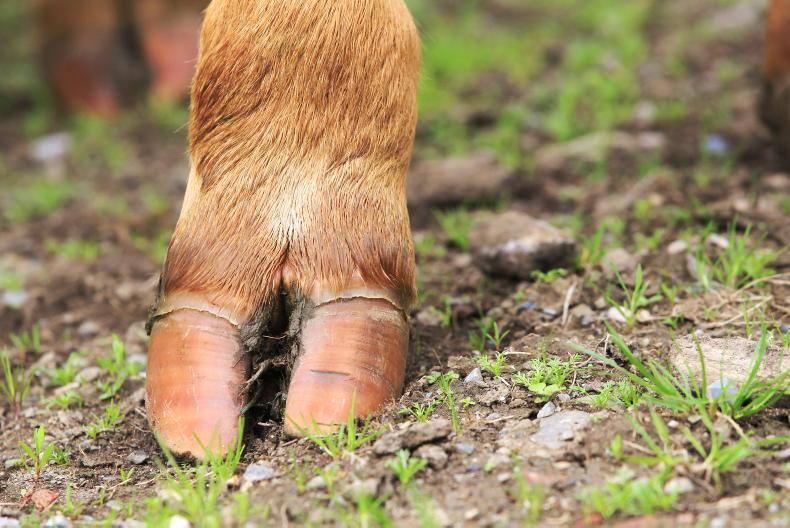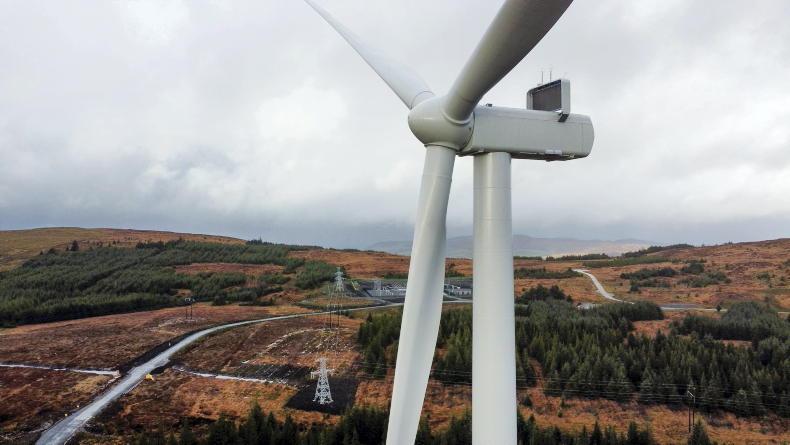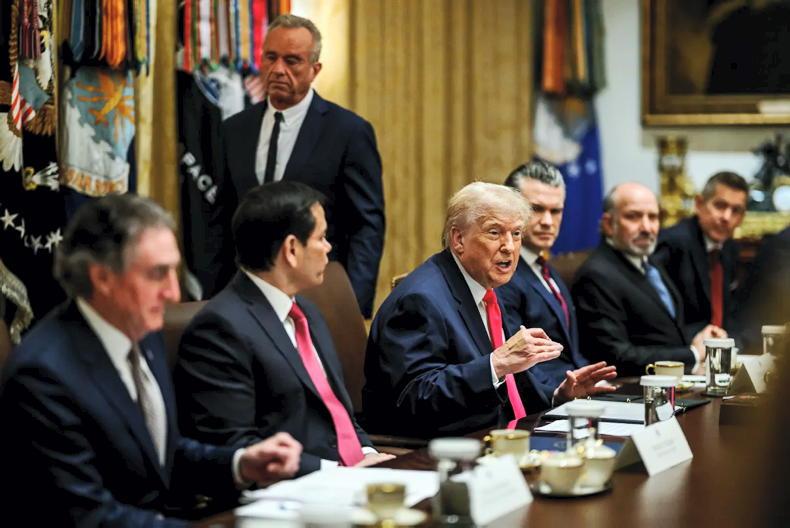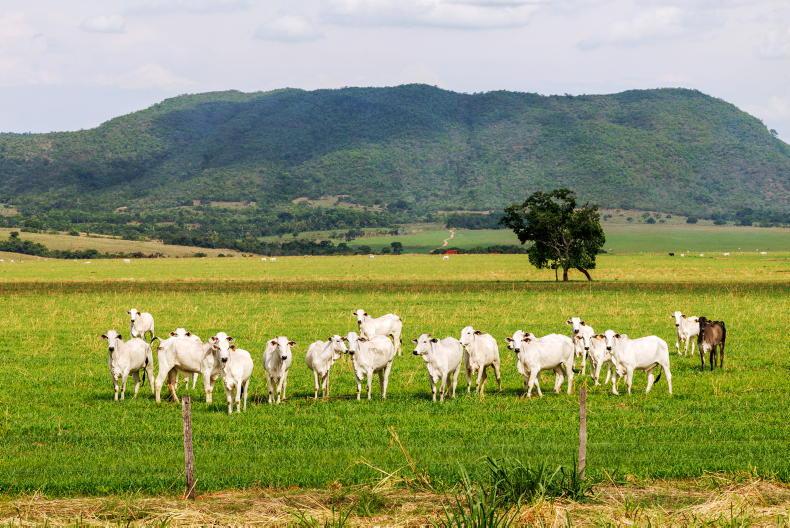It’s not just Brexit trade-related issues that are concerning farmers. The tussle between the EU and the US over subsidies paid to Airbus and Boeing has just degenerated into a row where farmers are the only victims, even though all the European manufacturing takes place in Britain, France, Germany and Spain. But Irish dairy farmers, through extra US duties on butter, are, by far, the Europeans most affected.
Yesterday’s news that the EU has retaliated by putting tariffs on US wheat (of which Europe buys very little) and John Deere tractors simply continues the trend of using agriculture as the sacrificial lamb. But this is only the tip of the iceberg. When Russia invaded Crimea, the EU imposed financial sanctions.
In that particular case, there is a lot of evidence that the imposition of the sanctions backfired, in that domestic Russian production expanded while European and Irish producers lost a market – a loss that seems permanent.
But it’s not only the EU and US that target farm products, even though they usually have had nothing to do with the original squabble. What is strikingly clear is the way that individual countries have discretion to target areas that will serve their own interests. China is probably the standout example at the moment, with its action banning the importation of Australian malting barley, which can be bought easily elsewhere in the world. China allows differentiated access to beef from European member states while continuing to buy from Brazil, but imports pigmeat and infant formula from Europe as Brazil is not in a position to supply it. When China imposed restrictions on the amount of US soya it would buy, the US government instigated a huge compensation package for US soya producers, though that may well have had more to do with safeguarding farmers’ votes than any sense of moral duty.
The EU has been very reluctant to go down the same route of significant compensation. New Zealand on the other hand has simply kept its head down, on the basis that it is small enough not to be a threat to anyone and has continued trading with its full range of normal customers.
Ireland cannot do that as part of the EU, but with the likelihood of the US under a new president reassessing its attitude to the World Trade Organisation, Ireland should attempt to get into the WTO rules, provisions that stipulate that in the event of trade sanctions applying to agricultural products where the dispute is not concerning farm production directly, compensation should be paid to the affected sectors. This would at least signal that farmers should not be regarded as peripheral collateral damage in international trade disputes that have no agricultural base.
Read more
What a Biden presidency will mean for Irish and US farmers
EU hits back with tariffs on US tractors and wheat
It’s not just Brexit trade-related issues that are concerning farmers. The tussle between the EU and the US over subsidies paid to Airbus and Boeing has just degenerated into a row where farmers are the only victims, even though all the European manufacturing takes place in Britain, France, Germany and Spain. But Irish dairy farmers, through extra US duties on butter, are, by far, the Europeans most affected.
Yesterday’s news that the EU has retaliated by putting tariffs on US wheat (of which Europe buys very little) and John Deere tractors simply continues the trend of using agriculture as the sacrificial lamb. But this is only the tip of the iceberg. When Russia invaded Crimea, the EU imposed financial sanctions.
In that particular case, there is a lot of evidence that the imposition of the sanctions backfired, in that domestic Russian production expanded while European and Irish producers lost a market – a loss that seems permanent.
But it’s not only the EU and US that target farm products, even though they usually have had nothing to do with the original squabble. What is strikingly clear is the way that individual countries have discretion to target areas that will serve their own interests. China is probably the standout example at the moment, with its action banning the importation of Australian malting barley, which can be bought easily elsewhere in the world. China allows differentiated access to beef from European member states while continuing to buy from Brazil, but imports pigmeat and infant formula from Europe as Brazil is not in a position to supply it. When China imposed restrictions on the amount of US soya it would buy, the US government instigated a huge compensation package for US soya producers, though that may well have had more to do with safeguarding farmers’ votes than any sense of moral duty.
The EU has been very reluctant to go down the same route of significant compensation. New Zealand on the other hand has simply kept its head down, on the basis that it is small enough not to be a threat to anyone and has continued trading with its full range of normal customers.
Ireland cannot do that as part of the EU, but with the likelihood of the US under a new president reassessing its attitude to the World Trade Organisation, Ireland should attempt to get into the WTO rules, provisions that stipulate that in the event of trade sanctions applying to agricultural products where the dispute is not concerning farm production directly, compensation should be paid to the affected sectors. This would at least signal that farmers should not be regarded as peripheral collateral damage in international trade disputes that have no agricultural base.
Read more
What a Biden presidency will mean for Irish and US farmers
EU hits back with tariffs on US tractors and wheat









SHARING OPTIONS